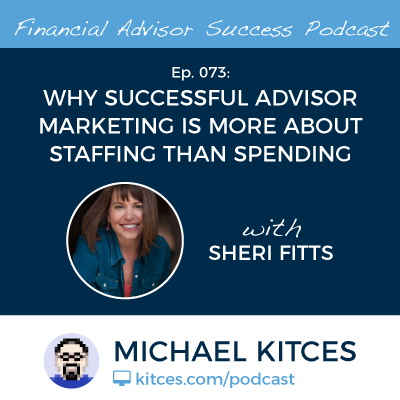Starting a business from scratch is a risky endeavor, in which often those who put money into the business never even see a return of their money, much less a return on their investment. Which can be especially damaging for a founder who sinks their life savings into a business idea that doesn’t work out… or worse, doesn’t have enough money to put in to get a good idea for a company off the ground in the first place.
Fortunately, though, venture capital firms exist to help fund these high-risk entrepreneurial endeavors. Because for a VC fund, it’s not necessary for every company to succeed; the venture fund can be profitable in the aggregate and generate an appealing return on capital by diversifying across multiple startups, leveraging the power of diversification and the fact that the high risk also generates a very high return potential… such that 80% of the returns may be driven by only 20% of the companies, or in the extreme almost all the returns may come from just 1-2 “home run” investment opportunities that become huge.
Yet the challenge of this kind of ultra-high-risk-and-high-return investing is that VC funds will often shy away from viable business opportunities that are not deemed to be “big enough” to be the home runs necessary to make up for all the potential losses of the companies that don’t work out. Or alternatively, may invest into companies but push the founders to take more risk than they actually wanted to… as while a “Go Big Or Go Bust” approach may work for a diversified VC fund, it can be ruinous to the founder that has only their one company to be a part of!
The end result of this dynamic, particularly in a limited-size “niche” industry like financial advisors, is that few venture capital firms – even those focused on FinTech – actually have any interest in investing in advisor technology, where most of the “successful” companies may eventually sold for $10s of millions… but not the $100s of millions, or billions, that most VC firms are shooting for. Thus why investing in B2C robo-advisors – with their potential for 100+ million consumer households – was more compelling to most venture firms than funding the equivalent next-generation onboarding-and-rebalancing-software solutions for financial advisors.
In turn, this has driven the overwhelming majority of advisor technology innovation to be limited to what companies can be created for advisors, by advisors, and often funded by advisors as well – in a world where the potential to earn “bad” 15% - 20% returns for a VC fund are still “great” returns for an individual advisor-as-investor (whose primary alternative is the stock market). From Junxure to Redtail, to Orion and Tamarac, iRebal and TradeWarrior and Red/Black, RiskPro and Tolerisk… most advisor technology innovation is advisor funded.
Accordingly, we’re excited to announce that our own AdvicePay payment processing solution for financial advisors is opening an extension to its prior Seed round, raising up to $2M of capital directly from the financial advisor community (at least, those who are eligible Accredited Investors!). Because in the end, it seems the only way that technology will improve for financial advisors is to invest in making it happen ourselves!

 Welcome, everyone! Welcome to the 73rd episode of the Financial Advisor Success Podcast!
Welcome, everyone! Welcome to the 73rd episode of the Financial Advisor Success Podcast!
